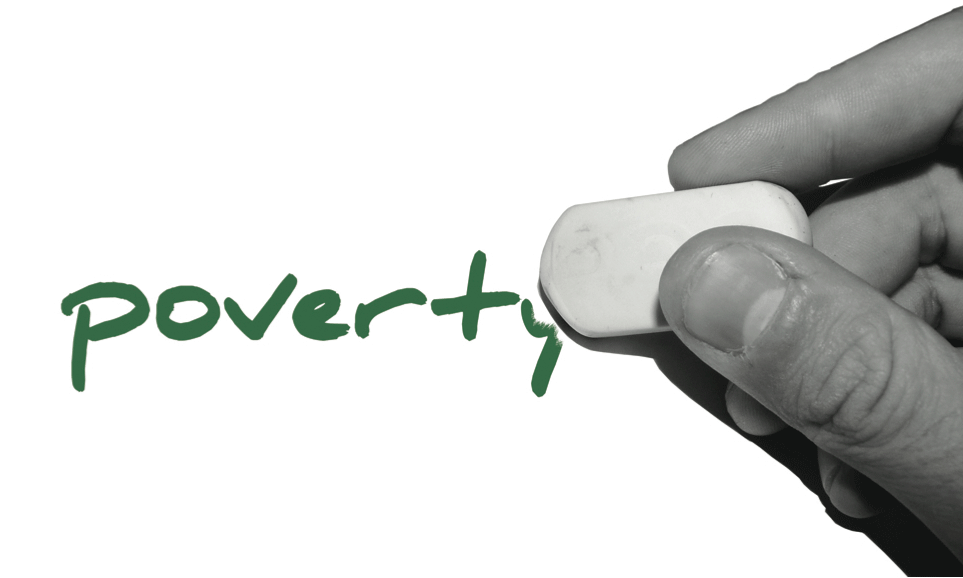
There are so many charities exist in both developing and underdeveloped countries to collect monetary donations. We all know that these respective organizations held responsible to make a decision on how to spend those donations. But who should decide what the donations spend on? The people in need or the charitable organizations?
Poverty has been an ongoing issue from a significant amount of time. Donations are collected for various charities; however, on whom the obligation of spending the money is a contentious issue. While some believe that the charitable organisation should decide where to spend money, others assert that it should be the people who are suffering from poverty must decide. I believe that it would be a great idea if charities took the responsibility.
Image Source
To begin with, charitable organisations can be able to use the money effectively because they are well practiced in arranging and distributing funds to the needy. Furthermore, they have had data that consists of different poverty problems such as natural disaster effects, and by using that the institutions organize the money worthwhile. For example, the funds collected by a well-known charity in south India were utilised for the people who lost their homes during massive floods. Thus, a charity will be able to collect the data as soon as the problem occurred, and able to spend the money accordingly.
As part of the United Nations Millennium Development Goals, all developed nations are encouraged to allocate 0.7% of their gross national income to overseas development assistance — that's 70 cents in every $100. For comparison, this is less than the credit card fee many consumers barely notice when paying for overseas purchases. Only five countries have reached the 0.7% target so far: Denmark, Luxembourg, the Netherlands, Norway and Sweden, with the United Kingdom and Finland almost there. Other countries, such as Germany or Australia, are only halfway there — but they are ramping up their efforts towards the target. Source
On the other hand, if the funds are up to the people who are suffering from poverty, then there might be a chance that the money could be used illicitly. The bulk amount they collected might attract them, and consequently, they may take the opportunity to use the donations unethically. There is no evidence that this happens with all the people; however, a small percentage of chance would lead to a significant problem that has to be considered. Therefore, it is better to avoid this situation by not giving the decision making power to the poor.
There are so many ways that nonprofits have tried to fight the problem of poverty on a global level. Some organizations provide microfinance loans to people and others provide skills training programs to women. There are some organisations that focus on education and provide laptops to kids. With all these methods, however, only small percentage of people have actually been benefited and succeeded to move up in their economic condition.
great post
Downvoting a post can decrease pending rewards and make it less visible. Common reasons:
Submit
vote me
Downvoting a post can decrease pending rewards and make it less visible. Common reasons:
Submit
Thanks @mdwaziullah
Downvoting a post can decrease pending rewards and make it less visible. Common reasons:
Submit
@steemitvoter
Downvoting a post can decrease pending rewards and make it less visible. Common reasons:
Submit
@originalworks
Downvoting a post can decrease pending rewards and make it less visible. Common reasons:
Submit
The @OriginalWorks bot has determined this post by @meherunnesa to be original material and upvoted it!
To call @OriginalWorks, simply reply to any post with @originalworks or !originalworks in your message!
To enter this post into the daily RESTEEM contest, upvote this comment! The user with the most upvotes on their @OriginalWorks comment will win!
For more information, Click Here! || Click here to participate in the @OriginalWorks sponsored writing contest(125 SBD in prizes)!!!
Special thanks to @reggaemuffin for being a supporter! Vote him as a witness to help make Steemit a better place!
Downvoting a post can decrease pending rewards and make it less visible. Common reasons:
Submit